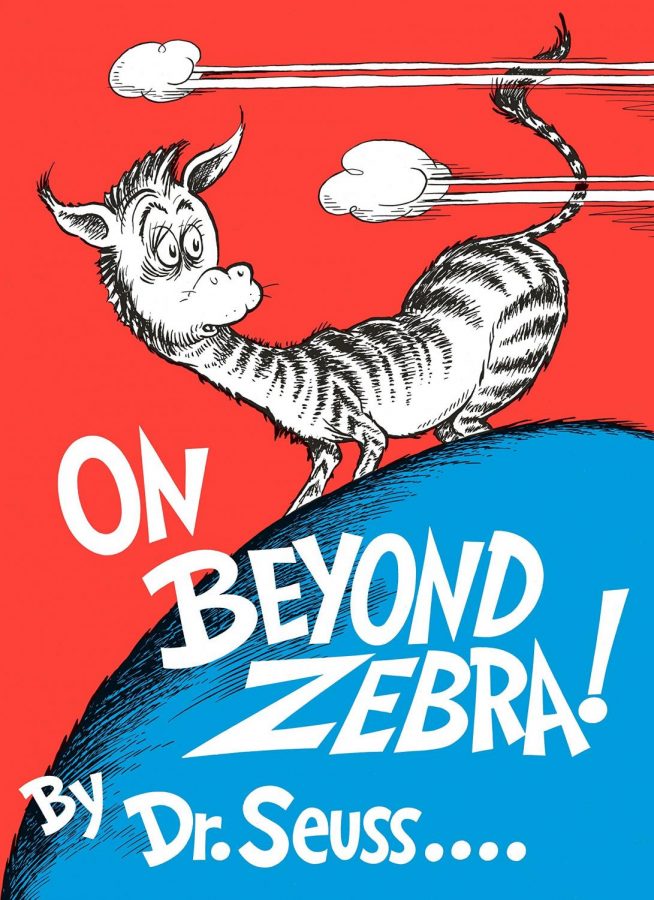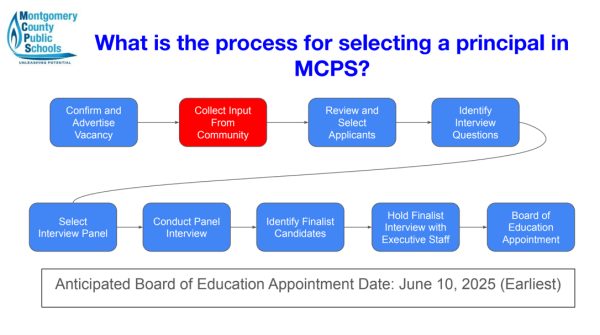Six Dr. Seuss books will no longer be printed due to racist illustrations
Photo used with permission from Google Commons
On Beyond Zebra was illustrated in 1955 by Theodor Geisel and is one of several of his published works that contain racist images.
On Mar. 2, Dr. Seuss Enterprises announced that they will no longer be publishing six Dr. Seuss books — If I Ran the Zoo, And to Think That I Saw It on Mulberry Street, McElligot’s Pool, On Beyond Zebra!, Scrambled Eggs Super! and The Cat’s Quizzer — due to racist and insensitive portrayal of people of color.
This decision comes after receiving feedback from teachers and specialists working on a panel to review the works of Theodore Geisel, known more commonly as Dr. Seuss. The Enterprise said that it chose to stop publishing these six works a year ago, but decided to make its decision public on Dr. Seuss’ birthday and Read Across America Day, Mar. 2.
The Enterprise had to make a moral decision of choosing not to profit off of content that ostracizes people of color and are now taking responsibility by ceasing all print of the art. However, uproar provoked by conservatives in the media and Congress has surged following the announcement. In a tweet by House minority leader Senator Kevin McCarthy, McCarthy shared a video of him reading Green Eggs and Ham with the caption: “I still like Dr. Seuss, so I decided to read Green Eggs and Ham. RT if you still like him too!” even though Green Eggs and Ham isn’t in the list of books that will no longer be published.
While critics are blaming cancel culture for the sudden announcement, Philip Nel, English professor at Kansas State University and leading expert on racism in children’s literature, has said the decision by Dr. Seuss Enterprises should be viewed as a “product recall” rather than as a result of cancel culture. “I think cancel culture has gone too far; I don’t think we should erase Dr. Seuss off the face of the earth,” senior Owen Matus said. “The decision to stop printing was an act of responsibility by the Enterprise rather than canceling Dr. Seuss. The books that do have positive messages for children shouldn’t be overlooked.”
The most popular of the six books are If I Ran the Zoo, published in 1950, and And to Think That I Saw It on Mulberry Street, published in 1937. The first revolves around a young boy on a hunting trip to the fictional land of Zomba-ba-tant where he meets people who “wear their eyes at a slant.” It also includes images of African tribesmen barefoot with large hoops in their noses wearing grass skirts.
And to Think That I Saw It on Mulberry Street has similar themes, with the protagonist describing a street parade with a “Chinaman who eats with sticks,” “Rajah, with rubies” and two fur-clad figures being pulled by a reindeer. These culturally insensitive themes are present in some of Dr. Seuss’ other publications as well, including Asian and Arab caricatures and stereotypes of indigenous people.
Rather than aiming to cancel Dr. Seuss’ works, the choice to recall these books represents the Enterprise’s willingness to address problematic material and also opens up discussion about more inclusive children’s books in the printing industry. These books provide an opportunity for young children to learn about history while also building awareness of stereotypes within communities.
Your donation will support the student journalists of Thomas S. Wootton High School. Your contribution will allow us to purchase equipment and cover our annual website hosting costs.
Christina Liu is a 2021 graduate.







